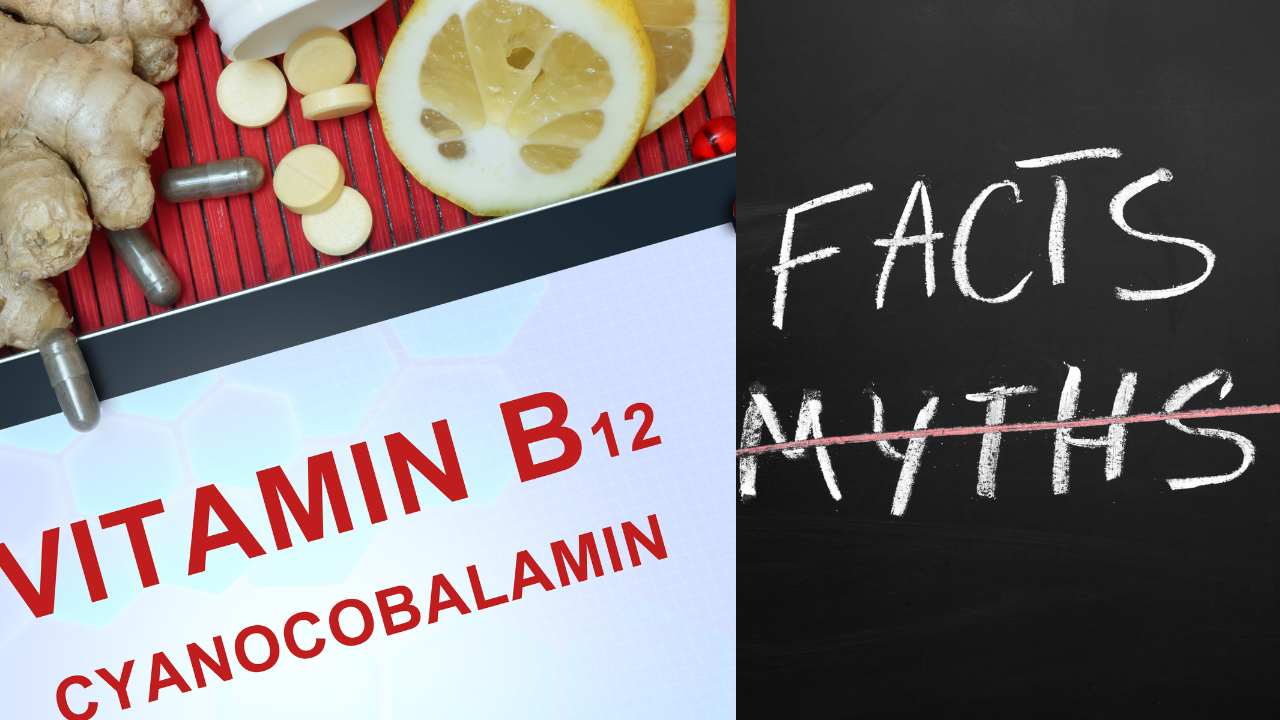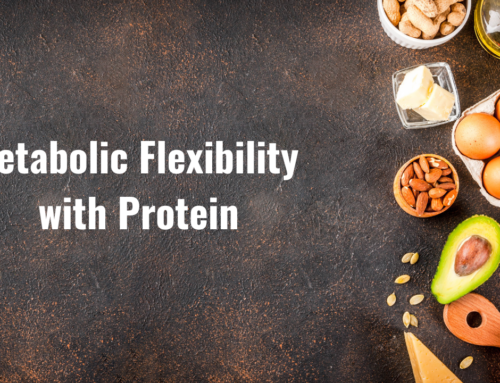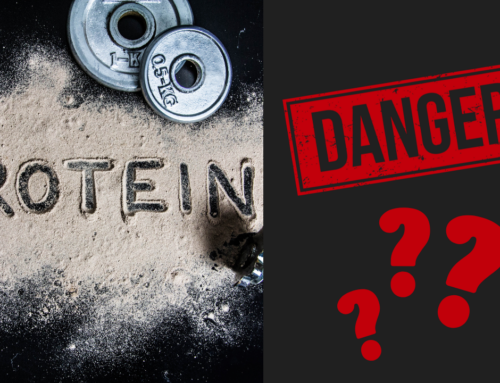Misinformation spreads fast, especially when it comes to health and nutrition. Myths take root, facts get twisted, and before you know it, people are ditching perfectly safe supplements based on fear instead of science.
Lucky for you, I roll with a black-ops network of uber-nerds who spend their days knee-deep in scientific research, battling nonsense and bad science.
One of those warriors? The elusive yet brilliant Dr. Chris Lockwood.
You may not know his name, but you’ve undoubtedly chugged his work—yes, that C4 Energy Drink, the caffeinated nectar of gods and gym rats alike.
And today, he’s here to drop some unfiltered truth bombs about B12—specifically, cyanocobalamin.
Let’s Address the Internet’s B12 Panic
You’ve probably heard the whispers. The fear-mongering. The doom-laden internet prophets claiming:
❌ “Cyanocobalamin is toxic!”
❌ “It’s made from hydrogen cyanide!”
❌ “It’s Big Pharma’s poison in disguise!”
And who’s spreading this? Some dubious Muppet whose name rhymes suspiciously with “Drecka.”
He insists that B12 in the cyanocobalamin form is a wolf in cobalt’s clothing, an industrial nightmare that will ravage your DNA and starve your cells.
His advice? Ditch your vitamins immediately!
The horror! The cyanide! The doom!
But hold up—where are the case studies? The published data?
Cool story, bro.
Enter Dr. Chris Lockwood: The Science Wrecking Crew
Let’s get this straight:
✔️ Cyanocobalamin is a form of B12—both naturally produced in the body and synthetically derived for supplements.
✔️ Yes, it contains cyanide ions (CN⁻)—but that doesn’t mean it’s toxic.
✔️ Toxicity is about dosage and bioavailability, not fear-based logic.
Dr. Lockwood explains it best:
“If we applied the same logic to other compounds, we’d have to avoid oxygen itself. Or ammonia—extremely toxic in pure form but essential in the body for building amino acids and nucleic acids.”
“Biochemistry is filled with compounds that could be toxic in high concentrations but are neutralized and used for critical processes in the body.”
So if cyanocobalamin is so dangerous, we’d also have to ban:
❌ Apricots
❌ Almonds
❌ Lima beans
❌ Cassava
❌ Sorghum
These foods—and over 3,000 other plants—contain naturally occurring cyanogenic glycosides (compounds that include cyanide but are perfectly safe in the form they exist in nature).
Dr. Lockwood also points out:
✅ Cyanide is metabolized and eliminated efficiently in the body.
✅ The amount in a cyanocobalamin supplement is trivial compared to what you naturally consume in food.
✅ There is zero credible evidence that cyanocobalamin at normal doses poses any health risk.
The Verdict? This Is a Non-Issue.
Want proof?
✔️ Look up cyanocobalamin toxicity studies in PubChem.
✔️ Read the 2019 EFSA Journal report on cyanogenic glycosides in foods.
✔️ Check the Toxic Substances and Disease Registry report on cyanide metabolism.
Or, y’know, just don’t believe everything you hear from an internet guru with a fear-mongering agenda.
Final Takeaway: Cyanocobalamin Isn’t “The Best”—But It’s NOT Toxic.
Would I personally recommend methylcobalamin over cyanocobalamin? Sure. But not because of this ridiculous “toxic” argument.
So next time someone screams “CYANIDE!”—ask them why they’re still eating almonds.
Why?
Because science, bitches.
Much love,
Dr. Mike





Leave A Comment